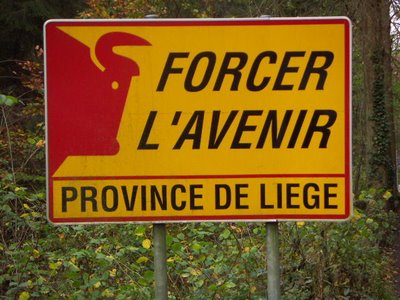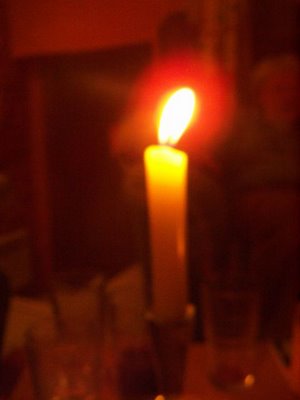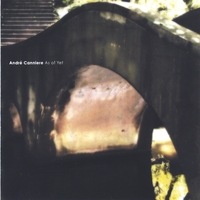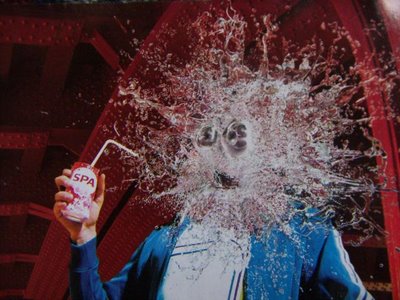Lizz Wright @ Flagey Studio 4 - Brussels, 28/06/2006
When Lizz Wright's first CD came out, I assumed, from the ads and things read here and there, that she was some vaguely jazzy neo-soul post-Norah Jones singer, and promptly ignored her. Last night, she proved me thoroughly wrong: Wright is a superlative heir to Cassandra Wilson (and maybe a little bit to Ben Harper, too). The latter is present in Wright's voice (beautiful, deep, enveloping, warm, pitch-perfect and taking just enough unexpected turns to keep it interesting), the slow-paced guitar/percussion setting and choice of material (acoustic rock song covers, Madonna's "Stop," funk, blues, a bit of gospel, all done with a jazz-derived sensibility and harmony). When Wright said she was "trying to recreate that small, country feeling" she had grown up with, it was like she was starting from where Wilson has ended up.
Wright's voice was always effective, even on the MTV Unplugged-type material. The more stripped-down the arrangement, the more poignant Wright's voice became. The clearest demonstration of this came on the second encore (of three), when Wright and guitarist Marvin Sewell played "Amazing Grace." Not the most original choice, but they created a dramatic, cathedral-like stillness. Pierre Van Dormael had told me about a night spent playing impromptu voice-guitar duets in Wright's Parisian hotel room. I now understand his elation at the memory.
Throughout the concert, Sewell's sheer tone, loose-limbed phrasing and harmonically advanced blues playing made it obvious why Jason Moran added him to the Bandwagon for Same Mother. But Wright remained the star of the show, thrilling the sold-out crowd, and converting one non-believer.







